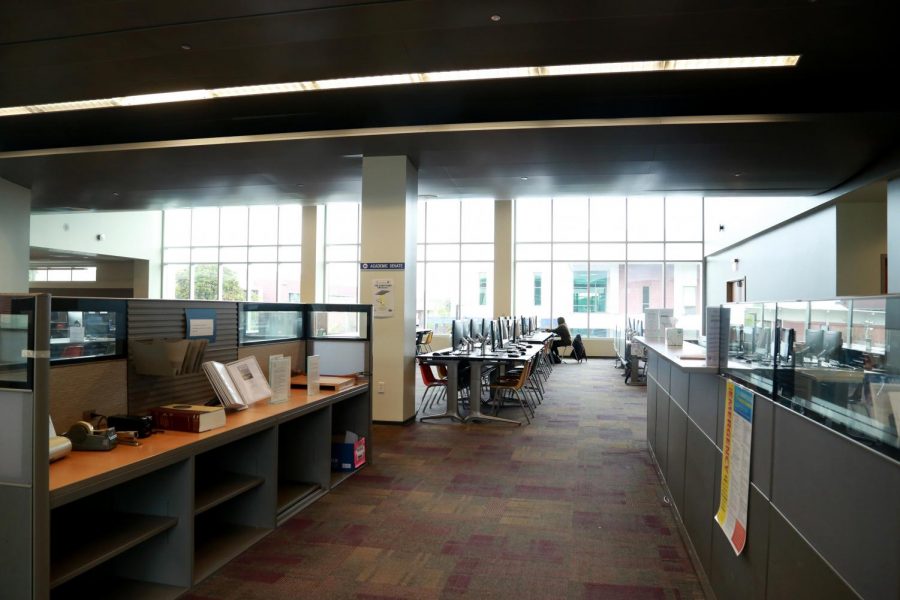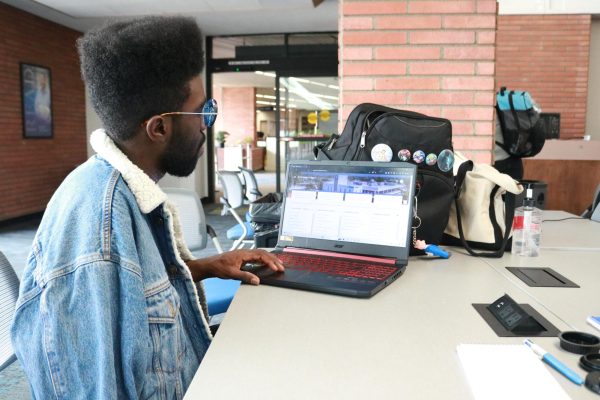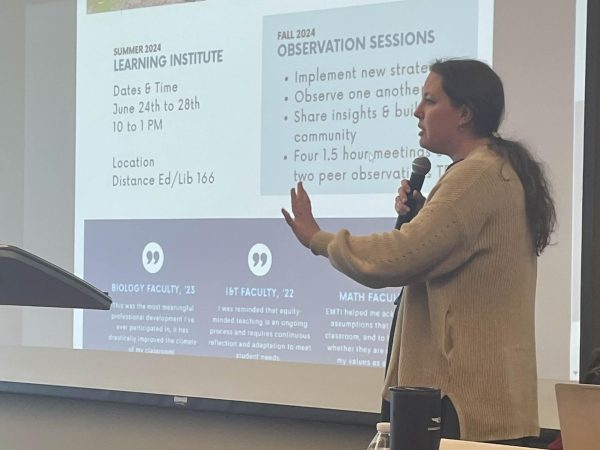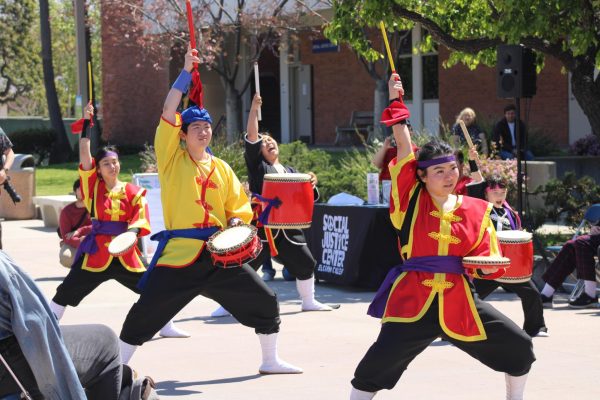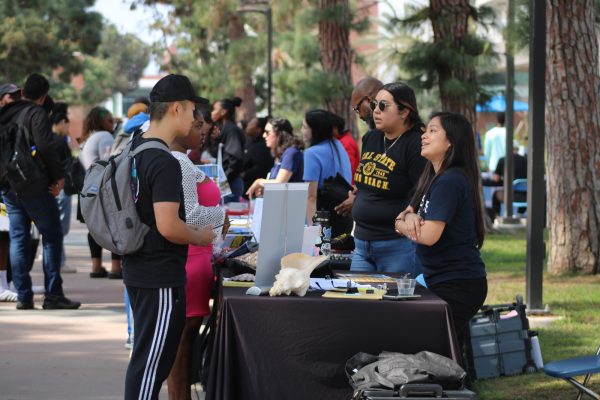Classes moved online for rest of spring semester and summer session
In-person lectures will remain online until the end of the spring semester and during the summer session as a result of recommendations made by state government offices, officials said.
All the information El Camino College officials have been receiving from the California Community Colleges Chancellor’s Office (Chancellor’s Office) and the California Governor’s office indicate that the coronavirus pandemic will still be an ongoing situation until at least June, Vice President of Academic Affairs Jean Shankweiler told The Union.
“Originally, when we made the announcement last week, we thought that we could move things online until Spring Break and then evaluate and hopefully go back to normal,” Shankweiler said. “Clearly we can’t go back to normal right now.”
Due to that type of correspondence, the executive cabinet at ECC has opted to extend online instruction until the end of the spring semester. The cabinet is comprised of President and Superintendent Dena Maloney, all vice presidents of the college and Executive Director of Marketing and Communications Ann O’Brien.
The Chancellor’s Office has also recommended that community colleges across California consider online instruction for summer and fall 2020 classes. ECC will be offering all summer classes online, Shankweiler said.
For students who do not have resources to access online classes, the Learning Resource Center and the Math Study Center are currently loaning out laptops for students to take home. If students do not have access to WiFi, they can also use WiFi offered at the Learning Resource Center to complete coursework.
Currently, officials do not have a method of gauging how many students do not have the necessary resource for online education, Shankweiler said.
Professors who teach classes that are challenging to completely move online, including dance and music classes, science labs and industry and technology classes that involve heavy equipment, are taking precautions and are still asking students to attend class at ECC.
“They’re looking at all the options in terms of keeping the equipment clean, keeping things [as] sanitized as we can,” Shankweiler said. “They’re looking at maybe rotating so that there’s only a few students in the lab at a time: the other students are working on something remotely while less than 10 come to lab areas.”
Another challenge faculty members are facing is getting acquainted with Canvas, the course management system used by professors and students at ECC.
“Faculty members may [have been] using it to keep roll or to post materials but not more than that, so they’re trying to learn how to use Canvas,” Shankweiler said. “They’re concerned about the quality of education that they’re offering to students but at the same time, we’re just worried about the continuity, like keeping classes open, so there might be some trade-offs in that.”
Currently, the Accrediting Commission for Community and Junior Colleges (ACCJC), which is in charge of accrediting courses offered by educational institutions including ECC, have suspended certain requirements for online courses to allow for an easier transition period, Shankweiler said.
“With distance education, there’s very strict requirements that an online course should have but because we’ve got emergency conditions declared so some of that is lifted,” Shankweiler said. “They require that online courses have a regular and substantive contact with students but they said during this time, we can’t monitor that, we want everyone to do the best they can.”
Shankweiler added that changes may be made to courses offered in the summer, depending on what can be moved online. For now, the ACCJC’s suspension of certain online course requirements makes the process easier during a time of emergency.
“Absolutely it’s helpful, because students have already put in a lot of work,” Shankweiler said. “We’re trying to keep the course going so you can get credit for what you’ve already done to the best of our ability.”


